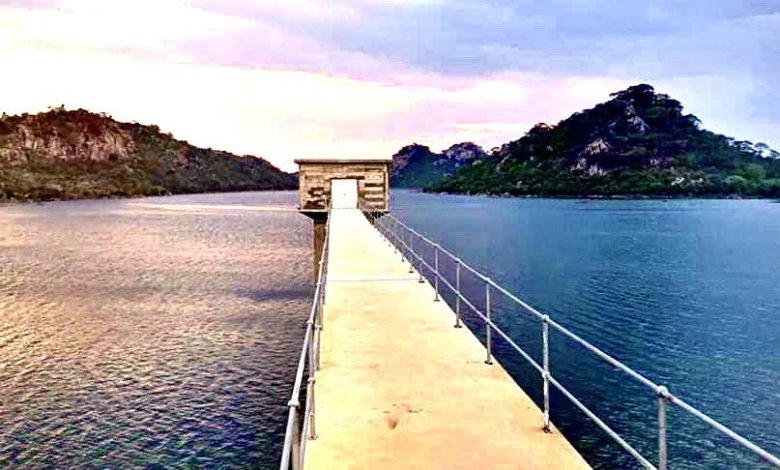Zimbabwe’s Water Crisis: A Dire Situation

Zimbabwe’s Water Crisis: Causes, Effects, and Solutions
Zimbabwe is facing a severe water crisis, with millions of people struggling to access clean and safe drinking water. The has far-reaching consequences for the health, economy and future of the country. Zimbabwe’s water crisis needs urgent attention in order to avoid future catastrophes.
Causes of the Water Crisis
The water crisis in Zimbabwe is attributed to several factors, including climate change. Here, droughts and erratic rainfall patterns reduce water levels in dams and reservoirs according to UNDP Zimbabwe. Also, according to City of Harare regarding aging and inadequate infrastructure outdated water treatment plants and pipes lead to water loss and contamination. Finally, population growth puts pressure on already scarce water resources. These are some of the causes of Zimbabwe’s water crisis. Therefore, stakeholder intervention is vital to improve the incessant water shortages throughout the nation.
Effects of the Water Crisis
Furthermore, the current and incessant water crisis has severe effects. These include health where waterborne diseases like cholera and typhoid fever are prevalent. General hygiene is also affected by the absence of adequate water as well. This is according to the United Nations Office for the Coordination of Humanitarian Affairs (OCHA).
Also, there is also an impact on the economy. Regarding this, water scarcity affects agriculture, industry and tourism. This in turn affects the nation’s economic growth, GDP and the populace’s disposable income and buying power.
Additionally, in the education sector schools lack access to clean water, affecting learning and hygiene. This is an effect of Zimbabwe’s water crisis among with those mentioned above.
Solutions to the Crisis
Finally, to address Zimbabwe’s water crisis, there is need to invest in water infrastructure development and rehabilitation. Additionally, promoting water conservation and efficiency measures helps save water. Moreover, implementing rainwater harvesting and water recycling programs is another way to conserve water.
Furthermore, these solutions will improve the conservation of the already scarce water. It will also enable the smart use of this resource in ways that will benefit individuals and the nation at large.
Conclusion
Zimbabwe’s water crisis requires urgent attention and collective action. By understanding the causes, effects and solutions, relevant authorities can work towards ensuring access to clean water for all Zimbabweans.





